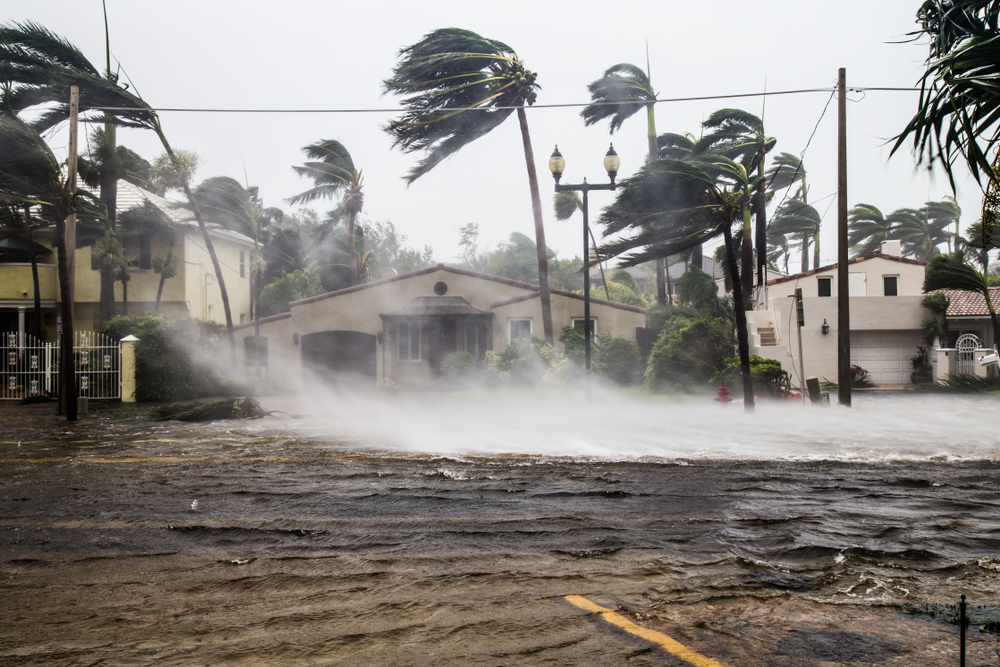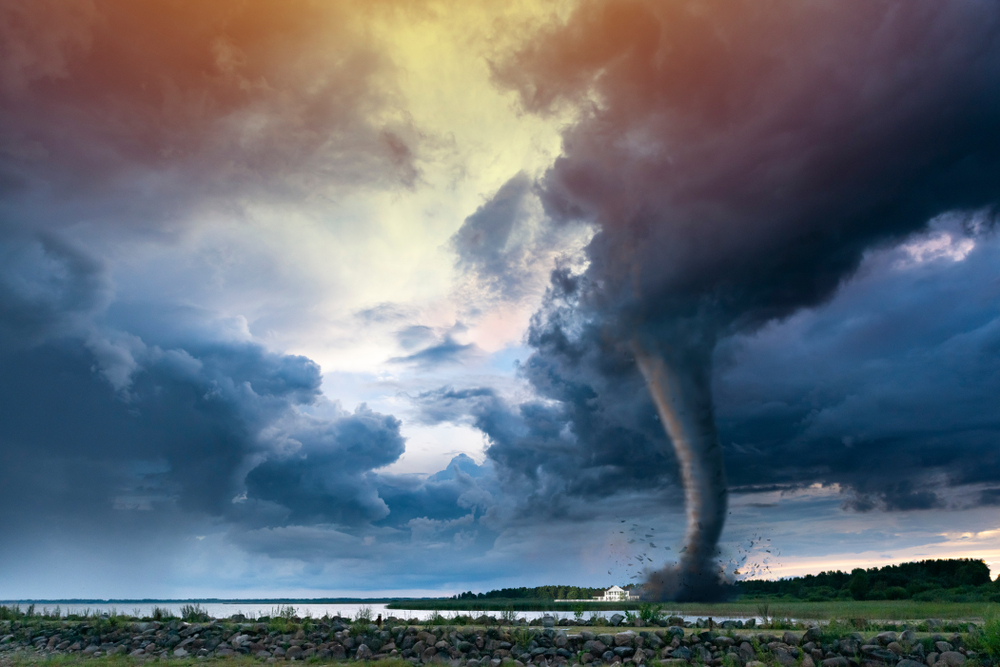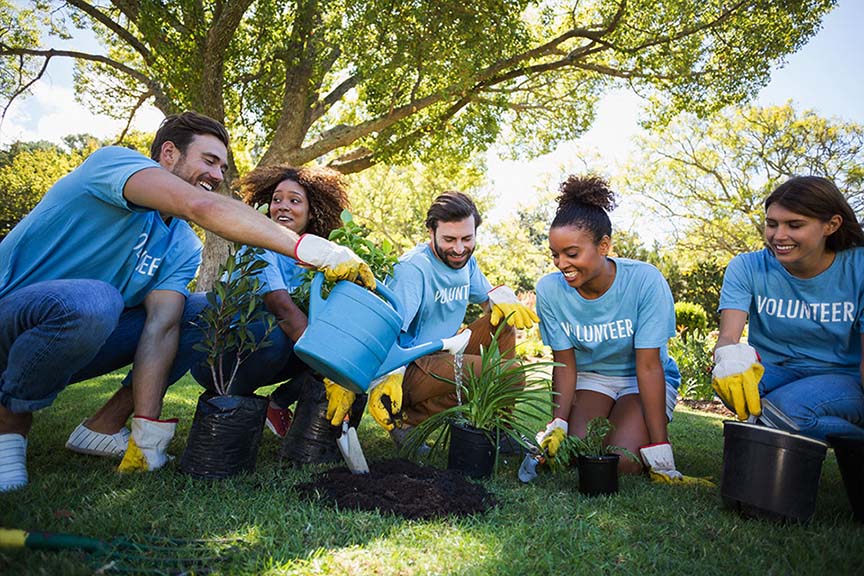Weather disasters are increasing with climate change. Preparing for bad weather is like a game of chess. To avoid checkmate for your life and property, you must plan several moves ahead.
If the alerts are blaring with severe weather watches and warnings, it’s time to step into high preparedness gear. How? The tips and resources below could save your life and home!
Hurricane Approaching:

- Board up windows. Secure loose items like patio furniture.
- Contact your local emergency management agency for information. Get hurricane updates from the Federal Emergency Management Agency.
- Plan where to go in the event of an evacuation and how to get there.
- Take shelter in a sturdy building.
- Listen for warning sirens, stay away from windows and exterior doors, and seek shelter in a bathroom or basement.
- Stay indoors until authorities tell you it’s safe to go outside.
- Hurricanes can cause massive flooding. Never drive into flooded areas; if flood water rises around your car, abandon the car, and move to higher ground.
Flash Flooding:
- Avoid hiking or camping if thunderstorms are predicted.
- Evacuate to an area of higher ground immediately if advised to do so. Stay away from flooded areas, even if the water seems to be receding. Do not walk, swim or drive through moving water.
- Don’t walk in water above your ankles; you can be swept off your feet in as little as 6 inches of rushing water.
- If you’re driving and approach a water-covered road, turn around. Just 6 inches of water can stall a vehicle, and 2 feet can float most cars, trucks and SUVs.
- During heavy rain, avoid underpasses, underground parking garages and basements.
Turn off the electricity and other utilities. - Before re-entering a home damaged from a flood: turn electricity off at the fuse box or main breaker until your home has adequately dried; check for gas leaks; examine your home for fire hazards; inspect the floors, doors, windows and walls for cracks or other damage to make sure the home isn’t in danger of collapsing.
Tornado Spotted Near You:

- Seek shelter immediately.
- If you’re at home, head for the basement and take cover under a heavy table or workbench; if you don’t have a basement, go into a windowless room in the center of the house.
- If you’re away from home, seek out a basement, interior corridor, tunnel, underground parking lot or subway. Avoid auditoriums, upper floors of buildings, trailers and parked vehicles.
- Stay away from all windows; cover yourself with a rug for protection against flying glass and debris.
- If you’re out in the open, lie flat in a ditch or other low-lying area and protect your head; stay away from poles or overhead lines.
- If you’re driving, drive at right angles to the tornado’s path; if you can’t escape it, get out of the vehicle and seek a low-lying area.
Wildfire Approaching:
- If you see a fire approaching your home, report it immediately by dialing 911. Stay on the phone to answer additional questions the emergency dispatcher may ask.
- Prepare to evacuate if necessary. Leave as soon as evacuation is recommended by fire officials to avoid being caught in fire, smoke or road congestion. Don’t wait to be ordered by authorities to leave. Consider every possible route out of your neighborhood.
- Dress properly to prevent burns and lifelong scars. Wear long pants and cotton or wool long-sleeve shirts or jackets. Gloves provide added protection. Do not wear short-sleeved shirts or clothing made of synthetic fabrics.
- If you must stay inside your house, keep away from outside walls. Close all doors but leave them unlocked. Move furniture and any flammable materials away from windows so firefighters can see inside. Keep your entire family together and remain calm. If it gets hot in the house, it is many times hotter and more dangerous outside.
- If you evacuated, do not return to your home until fire officials determine it is safe.
- After the fire passes, be alert for downed power lines and other hazards. Check propane tanks, regulators, and lines before turning gas on.
- When safe, check your roof, extinguishing any sparks and embers. If you must climb onto the roof, use caution, especially if it is wet. Check your yard for burning woodpiles, trees, fence posts or other materials. Keep the doors and windows closed. Continue rechecking your home and yard for burning embers for at least 12 hours.
Earthquakes
Earthquakes are difficult to predict, but there are ways to secure your belongings and protect your family.
- Secure large appliances and install flexible gas and water connections,
- Anchor top-heavy furniture to the wall and place heavy objects on lower shelves.
- Never hang anything heavy above where you sleep.
- If you’re outside when an earthquake occurs, move away from buildings, street lights, utility wires and overpasses.
- If you are inside, get under a sturdy table or desk and hold onto it; if that’s not possible, crouch in a strongly supported doorway or inside corner and protect your head.
- Stay clear of windows.
Resources
- National Weather Service
- American Red Cross
- Ready.gov
- U.S. Department of Homeland Security
- Severe Weather Preparation
- Thunderstorm Safety
- Workplace Preparation for Extreme Weather
- Canadian Insurance Company Advice for Extreme Weather Preparation
- Phone Charging When Power is Down
- Emergency Preparedness










